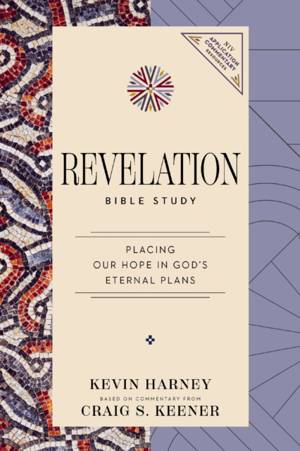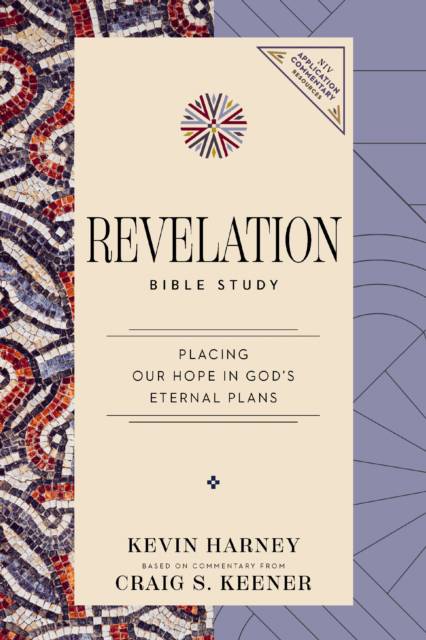
- Retrait gratuit dans votre magasin Club
- 7.000.000 titres dans notre catalogue
- Payer en toute sécurité
- Toujours un magasin près de chez vous
- Retrait gratuit dans votre magasin Club
- 7.000.0000 titres dans notre catalogue
- Payer en toute sécurité
- Toujours un magasin près de chez vous
Description
No book in the Bible has been interpreted as widely as Revelation. Many have found the visions that John depicts to be especially fertile ground for speculation and spiritualization. However, if we want to truly understand this fascinating book, we have to focus on what it meant to its original readers. In doing this, we do not deny its genre (apocalyptic), its purpose (prophecy), its methods (use of symbols), or its message for readers today. Rather, we seek the timeless truths the book relates to believers in Christ both past and present.
Although many details in Revelation are debatable, the basic thrust is not. God summons us from our preoccupation with the world to recognize, in light of his ultimate plan for history, what really matters and what really does not. God first gave Revelation to a culture where people would hear the words of the book and imagine the stark and terrifying images; to be struck by the full force of the book, we must likewise use our imaginations to grasp the images of terror. Revelation is not meant for casual or "lite" reading; to genuinely hear it summons us to grapple with God's judgment on a world in rebellion against him.Each study in the NIV Application Commentary Resources series employs a three-step process to help you understand both the historical meaning of a biblical text and its relevance in modern times. The original meaning section reveals the questions and concerns the author was addressing. The past to present section then explains what significance the original audience would have found in the passage and what significance you can find in it today. Finally, the questions that accompany each section will help you specifically apply the author's words and teachings and find meaning in them for what you are facing in your life.
Lessons:
- From God with Love (Revelation 1:1-20)
- Whoever Has Ears, Let Them Hear (Revelation 2:1-3:22)
- Catching the Vision (Revelation 4:1-5:14)
- Who Can Stand? (Revelation 6:1-17)
- Saints on Earth and in Heaven (Revelation 7:1-1:17)
- Last Call--Repent! (Revelation 8:2-11:19)
- A Battle for Souls (Revelation 12:1-14:20)
- Come Down, Angels (Revelation 15:1-16:21)
- A Need for Wisdom (Revelation 17:1-18:20)
- The Last Battle (Revelation 19:1-20:15)
- The Hope of the Saints (Revelation 21:1-27)
- God with Us (Revelation 22:1-21)
Spécifications
Parties prenantes
- Auteur(s) :
- Editeur:
Contenu
- Nombre de pages :
- 160
- Langue:
- Anglais
- Collection :
Caractéristiques
- EAN:
- 9780310179320
- Date de parution :
- 12-05-26
- Format:
- Livre broché
- Format numérique:
- Trade paperback (VS)
- Dimensions :
- 152 mm x 229 mm

Les avis
Nous publions uniquement les avis qui respectent les conditions requises. Consultez nos conditions pour les avis.






